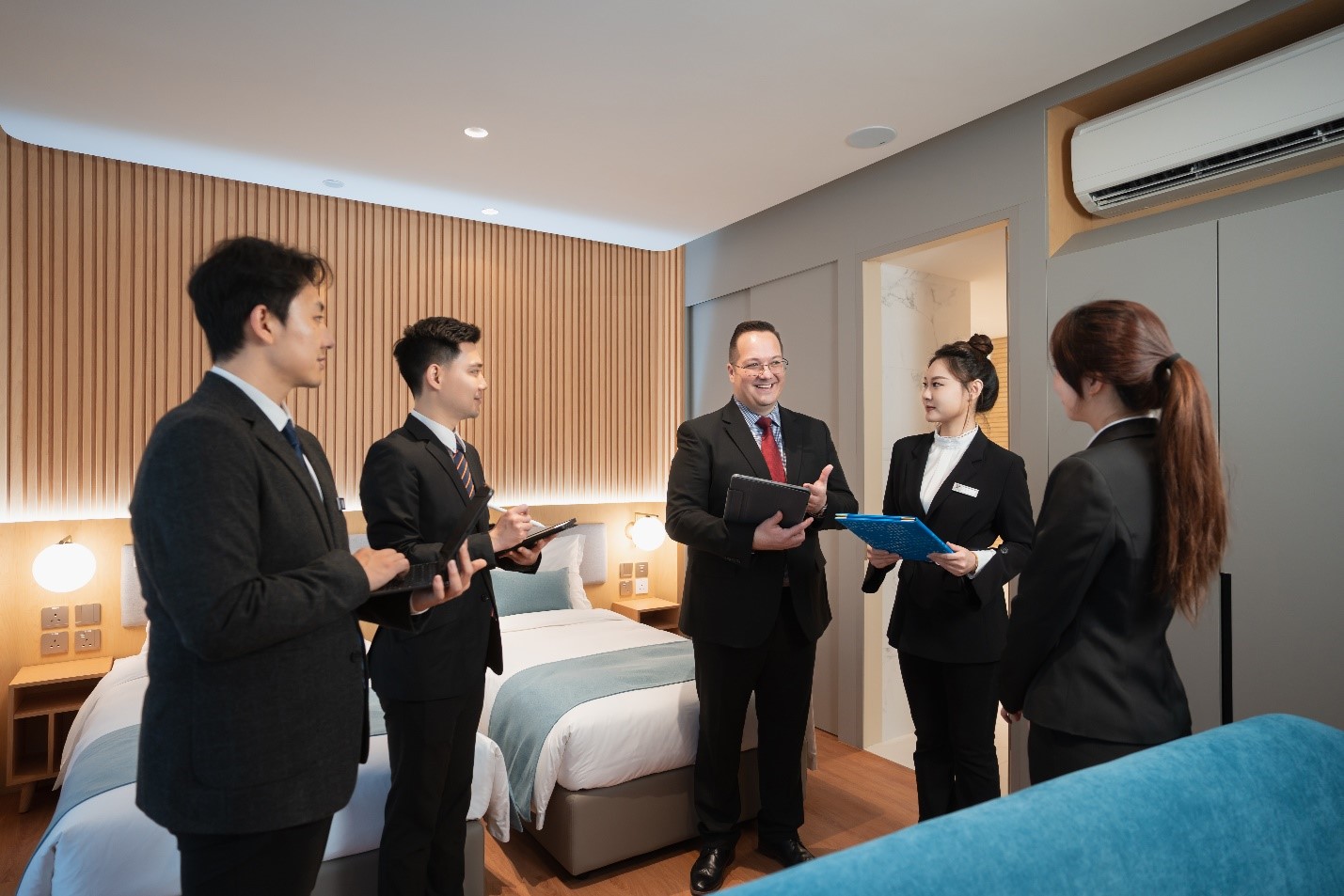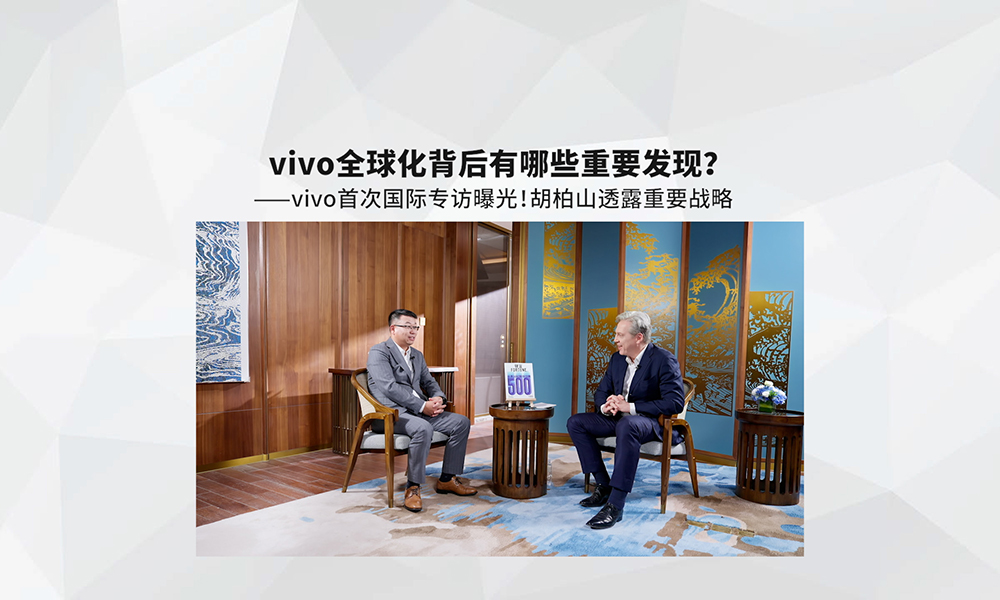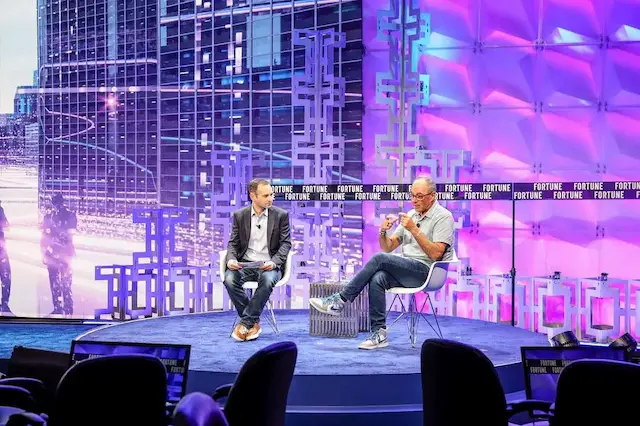怡敏信高管:选对老板最重要
|
从幼年开始,变化对芭芭拉•尼尔松来说就已经是家常便饭。尼克松是一位西点军校(West Point)高材生的女儿,生在东京,是军营中长大的孩子,童年大部分时间都在不同地方生活。上学期间,她发现自己热爱数学,最终还进入斯坦福大学(Stanford University),取得了电气工程学学士学位。而在那个年代,很少有女性会选择这个专业。
她毕业后的第一份工作是在英特尔(Intel),当时的英特尔规模很小,而且按照尼尔松的说法,是“人少活多”。她在英特尔工作的13年里,公司实现了惊人的增长,她也上升到总经理的职位。然而,随着公司增长放缓,尼尔松决定进行其他更多尝试,曾分别就职于昆腾公司(Quantum)、数据存储安全产品供应商 目前,尼尔松是存储与安全公司怡敏信(Imation)的移动安全部门负责人。她的职责范围包括:IronKey系列产品,包括外形看上去像耐用的闪存盘、但实际上是拥有移动计算机存储空间和软件的设备。部分产品甚至具有远程销毁功能,在设备被盗或丢失的情况下,可以销毁其中的数据。现年59岁的尼尔松最近接受了我们的采访。
1. 你欣赏哪家公司?为什么?
那些在发展过程中能够大幅度转变商业模式,对产品进行调整的公司。例如,我非常赞赏亚马逊(Amazon)。他们最初只是一家在线书店;我想他们当初可能连自己的营销中心都没有。之后,他们从在线书店转向了电子书业务,现在已经成了全世界最大的网络零售商,在那里几乎可以买到任何东西。亚马逊目前也是全世界最大的IT服务提供商,因为他们建立了自己的基础设施,而且明确决定将这些设施商业化。所以,杰夫•贝佐斯说:“未来,我们将推出无人机送货。”这很有可能!一家公司要了解自己的核心竞争力,同时在发展过程中利用自己的竞争力打入不同领域,亚马逊便是最好的例子。
另外一家是苹果公司(Apple)。他们开发出了三种不同的产品——Mac电脑、iPod和iPhone——它们颠覆了人们的工作方式。现在,有了智能手机,即使身在印度最小的村庄或是非洲的偏远地区,人们也能收到手机信号,远程管理自己的生活。我认为,这些产品对全天下的人们都会产生深远的影响,而且我们已经看到了这种影响。
2. 最让你振奋的科技行业是什么?
我所在的与移动有关的行业。我认为实现物品的便携性是一项日趋成熟的技术,让人们可以做以前不敢想象的事情。
3. 你对希望从事你这一行的人有什么建议?
我首先想到的,是要有技术学位,我认为这一点很重要。当然,它并不是决定性的条件。我的意思是,如果你拥有技术学位,你可以学得更快,帮助你理解事情之间的关联。不过,最重要的是谨慎选择公司和老板。刚走出校门的时候,要从自己的经历中总结学习,所以,要选择能够给你带来宝贵经历的地方。要仔细考虑去哪里学习新技术,获取出色的能力,与那些能够真正成功的人共事。不要头脑一热就做出选择,或是投身所谓的“热门”行业,因为它不一定适合你。
4. 你收到过的最好的建议是什么?
“少即是多。”简单很重要。所有真实的东西都很简单。还有另外两点。“相信自己的直觉”,因为作为工程师,我们总是希望获得数据;有时候,你不得不相信自己的直觉,摸索着前进。另外一条建议来自我的母亲。我认为这也堪称金玉良言:“不要嫁给一个男人,然后想和怎么去改造他。” |
At an early age, change was normal for Barbara Nelson. The daughter of a West Point graduate, Nelson is an army brat who was born in Tokyo and spent much of her early life living in different places. In school, she discovered a love of mathematics, and eventually enrolled in Stanford University, where she received a bachelor's degree in electrical engineering, a field where few women ventured at the time.
Her first job post-degree was at Intel, which was still small and, as Nelson puts it, "had so much to do, and so few people to do it." Over the course of her 13 years there, the company grew tremendously, and she rose to a general manager position. As the company's growth started to slow down, however, Nelson decided to move on to her next few adventures with positions atQuantum, NeoScale Systems, and Element Labs, among others.
Nelson now leads mobile security for the storage and security company Imation. Within her purview: The IronKey portfolio, comprised of devices that look like heavy-duty USB sticks but are capable of holding the storage space and software of a mobile computer. Some even have a remote kill switch that destroys the device's data in case it is lost or stolen. Nelson, 59, spoke with us.
1. Which companies do you admire? Why?
People who have been able to dramatically shift business models over time and adjust their products. As an example, I would put Amazon on that list. They started out as an online book store; I don't think they even had their own distribution centers. They moved from that to e-books, then to the world's largest e-tailer of anything and now one of the largest providers of IT services because they had to build out their infrastructure and cleverly decided to commercialize it. So when Jeff Bezos says, "Someday we're going to have drones in here," he might! I think that's an example of a business that did a really good job of knowing its core competencies and leveraging them into different areas as they evolved.
Another company worth mentioning is Apple. They developed three very different products -- the Mac, the iPod, and the iPhone -- that have radically changed the way that people do things. Now, because of a smartphone, you can get a cell phone signal in the smallest village in India or in the middle of nowhere in Africa and run your life from there. I don't think we've yet seen the profound effect that this is going to have on people everywhere in the world.
2. Which area of technology excites you most?
The one I'm in, which is mobile. I think having things that people can carry with them in their pocket -- that allow them to do things that they never thought they would be able to do -- is a technology that's come of age.
3. What advice would you give to someone who wants to do what you do?
The first thing that comes to mind is I think it's really important to have a technical degree. You certainly don't have to have it, but you learn things faster and it helps you connect the dots. But the biggest thing is to pick your companies and your bosses well. When you come out of school you learn from your experiences, so pick places where those experiences are going to be valuable. Really think about where you're going to learn a lot about new technology, gain excellent skills, and work with people who are really going places. Don't just go for the first thing or the "hot" thing because it may not be for you.
4. What is the best advice you ever received?
"Less is more." Simplicity is important. Anything that's true is typically simple. I'd add two other things too. "Trust your gut" because as engineers we are always going to want data; sometimes you just have to trust your instincts and fly blind. Then, a personal one from my mother, which is also extremely good advice: "Don't marry a man thinking you're going to change him." |












